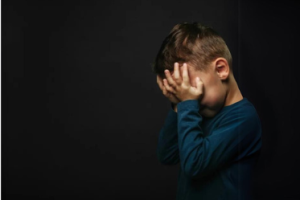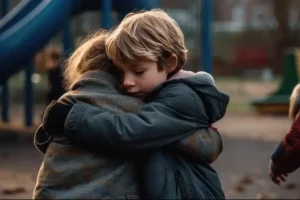Duchenne Muscular Dystrophy is largely known for the debilitating weakness it creates in the muscles of the body. Unfortunately, the effects of the disease don’t stop there. The lack of dystrophin also affects the brain and emotions. These, in turn, affect behaviors and relationships.
Learn more here:




